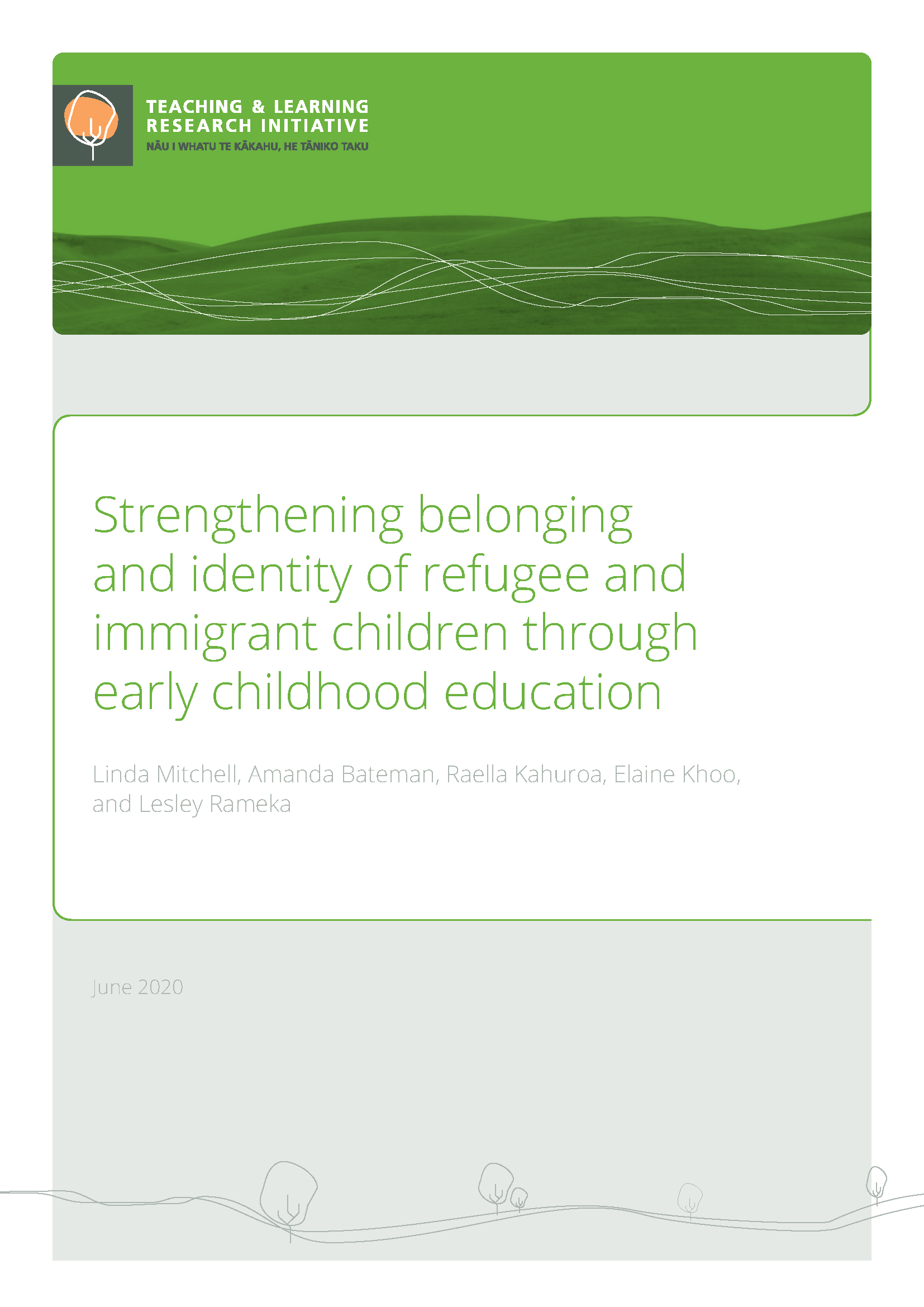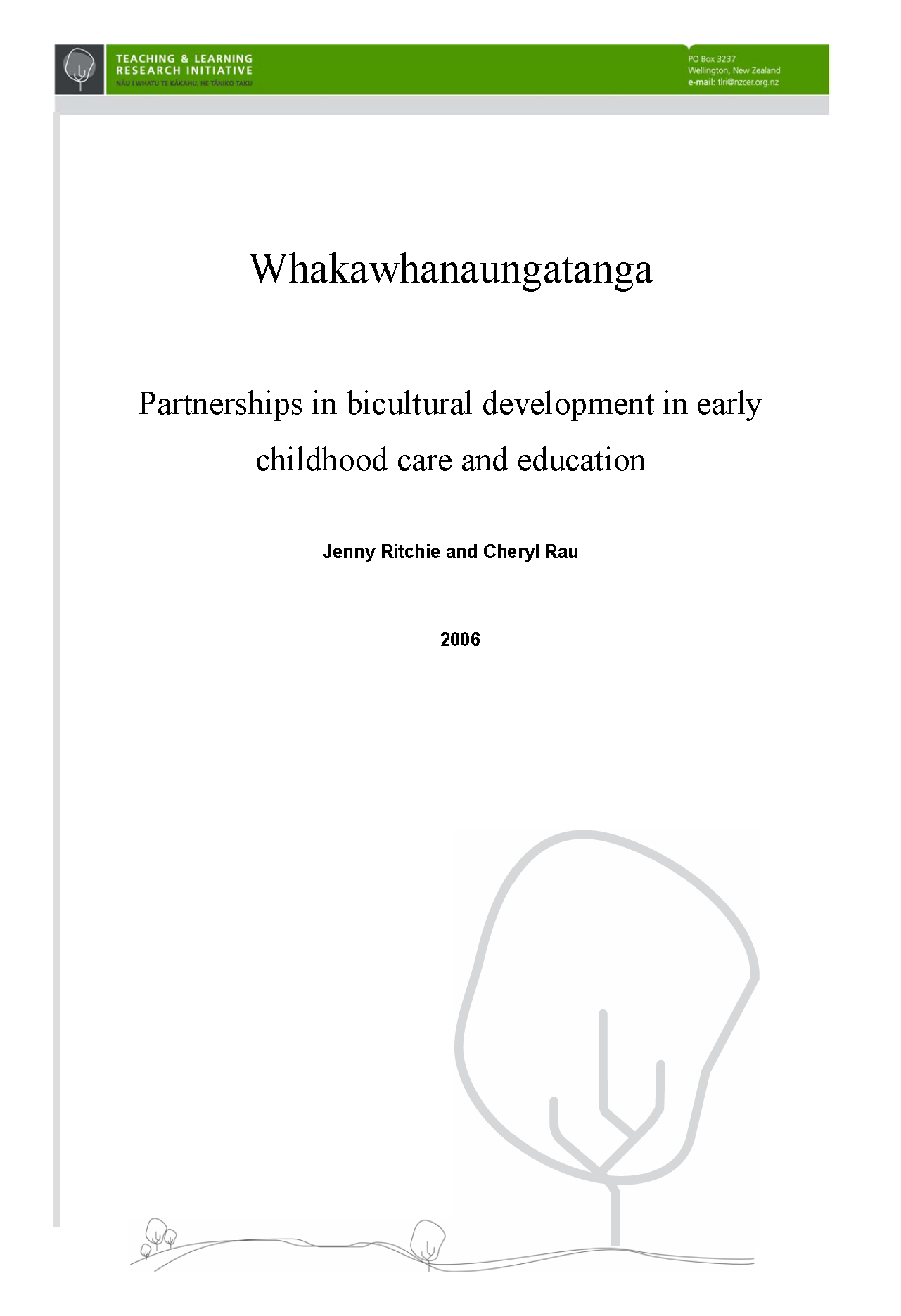
Strengthening belonging and identity of refugee and immigrant children through early childhood education
Introduction This project explored the role of early childhood education (ECE) and pedagogical strategies in supporting a sense of belonging and identity for refugee and immigrant children and families in Aotearoa New Zealand. We used a design-based research methodology in four culturally diverse ECE settings to develop and trial theories and strategies about how ECE can deliberately encourage refugee and immigrant children to connect with their home countries, sustain their cultural identity, and simultaneously live within and contribute to Aotearoa New Zealand. We analysed the affordances of drawing, storytelling and play, and of teacher engagement with children, parents, and whānau, for constructing pathways to belonging in Aotearoa New Zealand. The research


